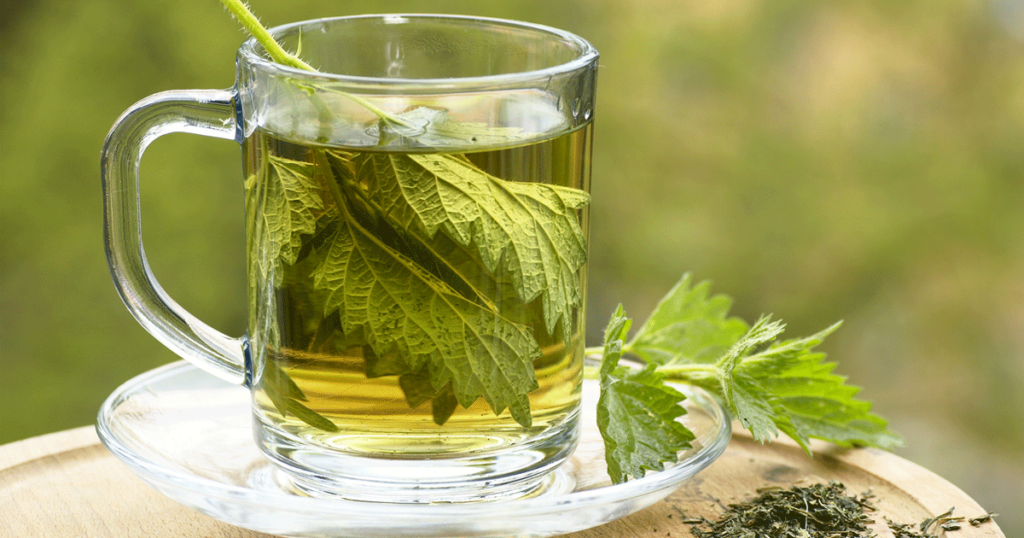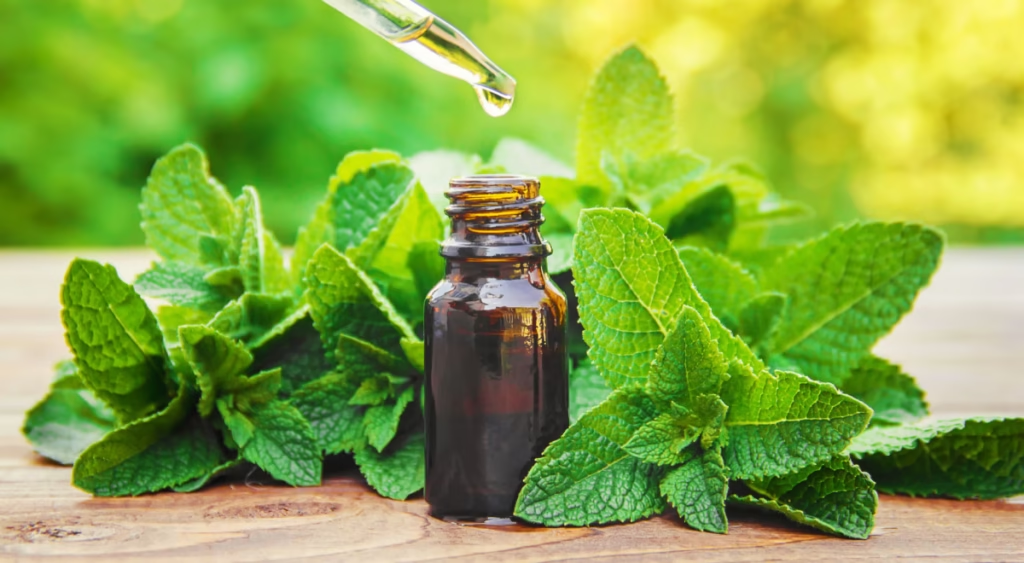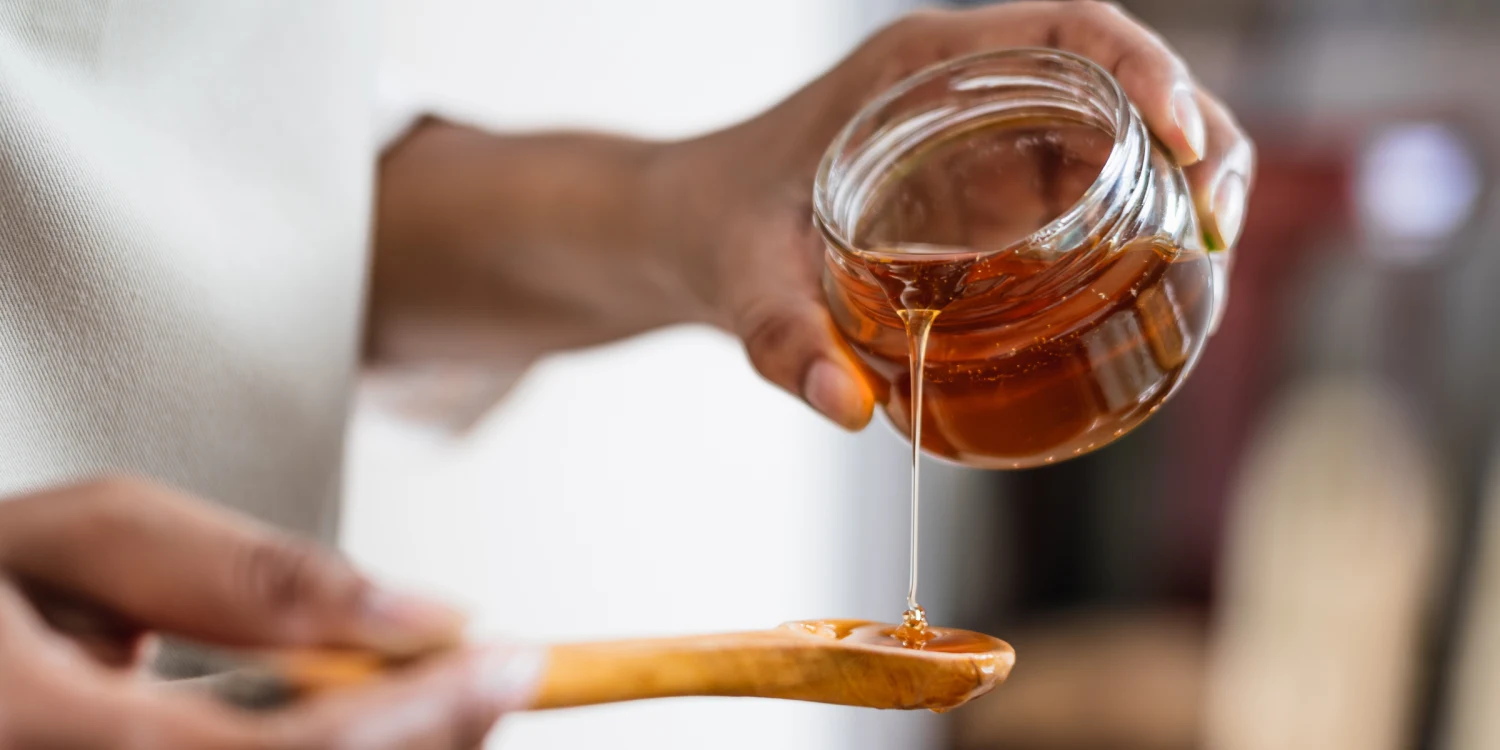Seasonal allergies, often called hay fever or allergic rhinitis, affect millions of people worldwide. They trigger symptoms such as sneezing, itchy eyes, nasal congestion, and fatigue due to the body’s overreaction to allergens like pollen, mold, and dust. While over-the-counter medications are commonly used, herbal remedies offer a natural and effective alternative for managing allergy symptoms. This article explores the best herbal remedies for seasonal allergies, how they work, and practical ways to use them to find relief.
Nettle: A Natural Antihistamine

Nettle (Urtica dioica) is one of the most effective herbs for allergy relief, thanks to its natural antihistamine properties. It blocks the body’s production of histamine, which is responsible for triggering allergy symptoms.
How to Use Nettle Tea for Hay Fever Relief:
- Tea: Steep 1–2 teaspoons of dried nettle leaves in hot water for 10 minutes. Drink 2–3 times daily during allergy season.
- Capsules: For convenience, take standardized nettle supplements as directed.
Nettle is not only a powerful herb for seasonal allergy relief but also rich in nutrients like iron and vitamin C, which help support overall health.
Butterbur: Relief for Allergic Rhinitis

Butterbur (Petasites hybridus) is another herb that works as a natural antihistamine. It helps reduce inflammation and relaxes nasal airways, making it particularly effective for allergic rhinitis.
Butterbur Supplements for Allergic Rhinitis Relief:
- Opt for butterbur products labeled “PA-free” (free of toxic pyrrolizidine alkaloids).
- Take as capsules or tinctures during high allergy seasons.
Studies show that butterbur can be as effective as some antihistamine medications, without causing drowsiness.
Peppermint: A Natural Decongestant

Peppermint (Mentha × piperita) contains menthol, which helps open up nasal passages, reduce mucus, and ease breathing during allergy attacks.
How to Use Peppermint for Nasal Congestion:
- Tea: Brew peppermint tea and inhale the steam before drinking.
- Steam Inhalation: Add a few drops of peppermint essential oil to hot water, cover your head with a towel, and breathe in the vapors.
Peppermint also provides a cooling effect that soothes irritated sinuses and throat.
Quercetin: A Plant-Based Antihistamine
Quercetin is a flavonoid found in foods like onions, apples, and tea. It stabilizes mast cells, preventing the release of histamines and reducing the severity of allergy symptoms.
How to Use Quercetin for Seasonal Allergy Relief:
- Take quercetin supplements (500–1,000 mg daily) to combat hay fever symptoms.
- Pair with vitamin C to enhance absorption and effectiveness.
Incorporating foods rich in quercetin into your diet can also provide long-term benefits for allergy sufferers.
Local Honey: Building Immunity to Pollen

Consuming raw local honey is a popular folk remedy for seasonal allergies. It’s believed that local honey contains trace amounts of regional pollen, which can help your body build immunity over time.
Can Local Honey Help with Seasonal Allergies?
- Consume 1–2 teaspoons of raw local honey daily in the months leading up to allergy season.
- Use honey as a natural sweetener in herbal teas like nettle or peppermint for added benefits.
While scientific evidence is mixed, many allergy sufferers swear by this natural remedy.
Licorice Root: Soothing Inflammation
Licorice root (Glycyrrhiza glabra) has anti-inflammatory properties that can help soothe irritated mucous membranes caused by allergies.
How to Use Licorice Root for Allergies:
- Brew licorice root tea or take it as a tincture.
- Avoid excessive use, especially if you have high blood pressure or take certain medications.
Licorice root also supports adrenal health, which can improve the body’s stress response during allergy season.
Chamomile: Calming Allergy Symptoms

Chamomile is a versatile herb known for its calming effects and ability to reduce inflammation. It’s especially useful for relieving itchy, watery eyes and soothing irritated sinuses.
Herbal Teas to Reduce Pollen Allergies:
- Steep chamomile flowers in hot water for 5–10 minutes and enjoy.
- Use cool chamomile tea as a compress for irritated eyes.
Chamomile is mild and safe for most people, making it a great option for children with hay fever.
Eyebright: Targeting Eye Symptoms
Eyebright (Euphrasia officinalis) is traditionally used to treat eye-related allergy symptoms like redness, itching, and watering.
Homemade Remedies for Itchy Eyes from Allergies:
- Brew eyebright tea and allow it to cool completely. Use it as an eyewash (strain well before use).
- Take eyebright supplements for systemic allergy relief.
Eyebright is particularly effective for those who experience severe eye discomfort during allergy season.
DIY Herbal Remedies for Nasal Congestion
Combining multiple herbs into a remedy can amplify their effects. Try this DIY herbal steam for fast relief:
DIY Herbal Remedies for Nasal Congestion Caused by Allergies:
- Ingredients: 1 tablespoon dried nettle, 1 tablespoon dried peppermint, and hot water.
- Instructions: Add herbs to a bowl of steaming water, cover your head with a towel, and inhale deeply for 10–15 minutes.
This method provides immediate relief from nasal congestion and promotes relaxation.
Safe Herbal Remedies for Children with Hay Fever
Herbal remedies can also be adapted for children, but it’s important to choose safe, mild options.
Recommended Herbs for Kids:
- Chamomile Tea: Soothes nasal congestion and calms restlessness.
- Nettle Tea (Mild): Use in small amounts for older children.
- Local Honey: A natural sweetener with potential allergy-relief benefits (for kids over 1 year old).
Always consult with a pediatrician before introducing herbal remedies to children.
Conclusion: Embrace Nature for Seasonal Allergy Relief
Herbal remedies like nettle, butterbur, peppermint, and local honey offer effective, natural solutions for managing seasonal allergies. These remedies not only target specific symptoms but also provide additional health benefits. By incorporating these herbs into your daily routine and combining them with lifestyle changes, you can enjoy significant relief from allergies and breathe easier during pollen season.
Explore the best herbal remedies for seasonal allergies naturally to find what works best for your body. With a little experimentation and patience, you’ll discover that nature has everything you need to combat seasonal allergies effectively.









